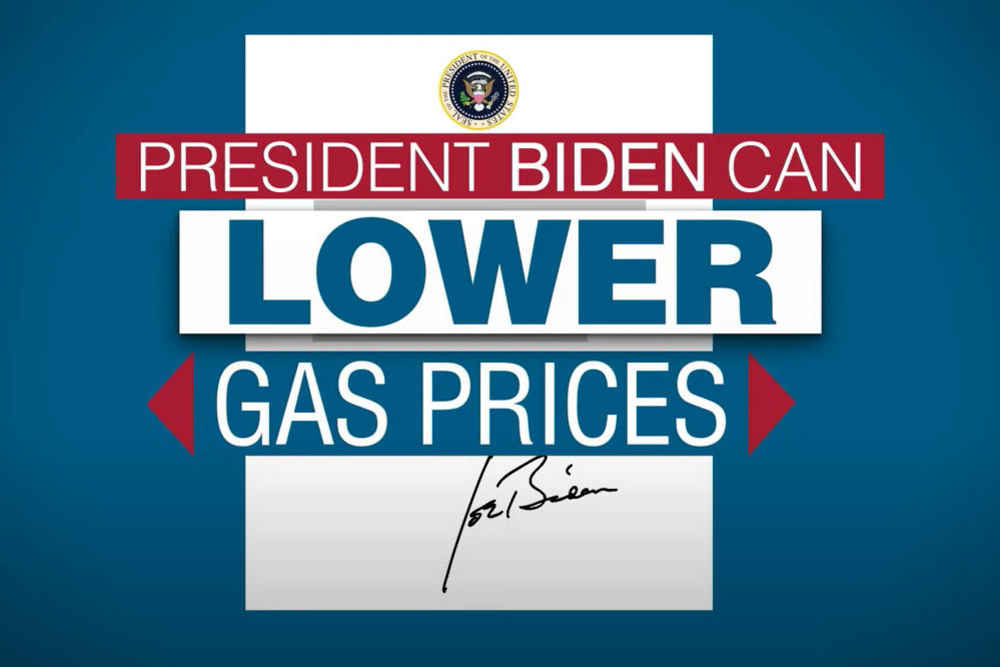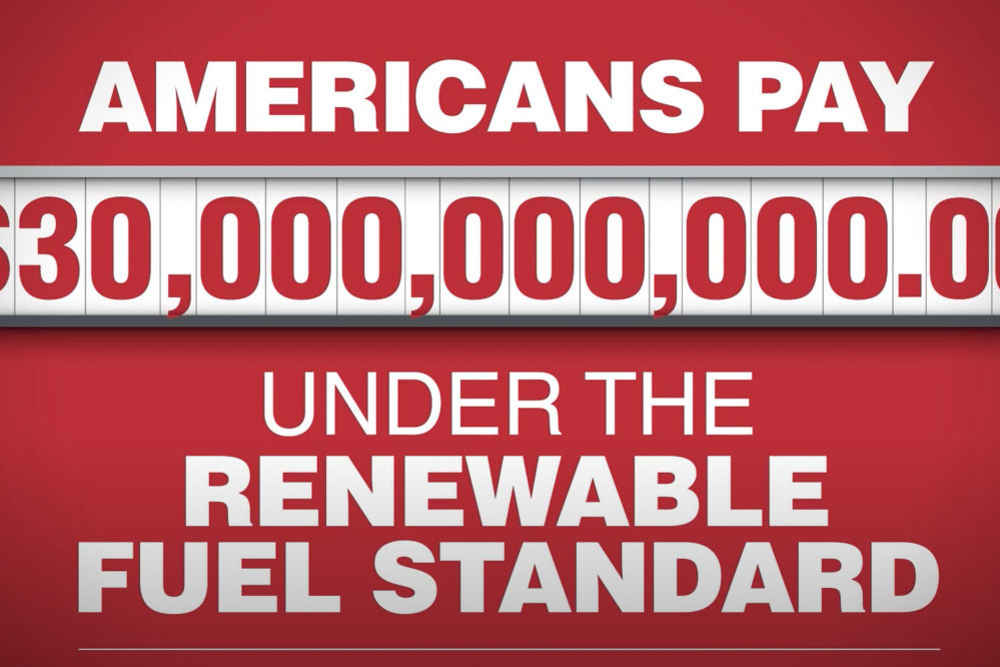As the war in Ukraine rages on, government officials around the world are attempting to alleviate the negative impacts of this international crisis by addressing costly energy policies that are worsening the war’s spillover effect on their citizens and economies. Importantly, some G7 leaders have publicly acknowledged and recognized that biofuel mandates are inflating food prices in their home countries, and think a temporary moratorium should be placed on “food to fuels” policies to provide financial relief.
Here at home, U.S. leaders should follow their European counterparts’ lead by assessing our own costly energy policies. They should start with the Renewable Fuel Standard (RFS), which for years has been harming America’s independent refiners and food producers – despite both groups repeatedly calling on Congress and the administration for RFS reform. From corn flakes to chicken feed, to corn on the cob at your picnic – you are paying more for food directly because of the RFS.
Simply put, the RFS makes food more expensive and American consumers are the ones paying for this experiment. Just as the federal biofuel mandate makes Americans pay up to 30 cents more per gallon at the pump, our government is also forcing us to pay more at the check-out line in the grocery store.
The American Bakers Association (ABA), whose members comprise the nation’s wholesale baking industry, is one of the many domestic representatives of food producers calling for RFS reform. Earlier this year, at the Environmental Protection Agency’s (EPA’s) virtual public hearing for the program’s proposed biofuel blending volumes for 2020, 2021, and 2022, ABA senior vice president of government and public affairs, Lee Sanders, called attention to the financial squeeze the RFS continues to have on food producers:
“In the past year, non-food use for soybean oil has created a crisis for many of our members, especially small and medium sized bakers. They're scrambling to procure soybean oil from any source, even at double or triple the price. Existing domestic refining capacity for this commodity cannot keep up with the demand for both food and fuel sectors despite record soybean yield from America's hardworking farmers.”
In a public comment submitted for the same proposal, the National Retail Federation (NRF) also recognized how unreasonably high biofuel mandates lead to shortages of key food ingredients and products, noting that U.S. consumers are ultimately forced to pay more for basic goods.
“Over the past two years, the price of soybean oil and other vegetable oils has risen dramatically, and availability of a critical ingredient has come into question. Because of increasing soybean oil usage for the production of biomass-based diesel, soybean oil prices have doubled during the past two years to a record $.65 per pound. Higher prices for soybean oil are contributing the inflationary pressures in the U.S.”
As the federal government increases RFS mandates in size and scope, the program’s harmful effects on everyday American consumers continue to get worse. By taking up increasing amounts of raw materials to meet rising RFS blending levels, the program is only compounding inflation and supply chain constraints that leaves American families to foot the bill.
Both the ABA and NRF recognize the scope of the RFS goes far beyond its impact on domestic refining capacity to the core of our economy – including feeding our families – the issues they point to are identical to those raised by independent refiners for years now:
“EPA shouldn't promote policies that force U.S. food makers to rely on foreign imports, plus foreign vegetable oil imports are subject to a 19.1 percent tariff and simply increases costs without meeting RFS goals... The increase in U.S. vegetable oil prices is being driven by the state and federal rules that are incentivizing the use of soybean oil for non-food related purposes, specifically biofuel production. Policy designed to divert an ever-growing share of U.S. soybean oil supplies for the production of biofuels has resulted in an historic jump in the price of vegetable oil for food manufacturers and consumers.”
President Biden should heed his G7 colleagues by reconsidering and revising his administration’s RFS rules for 2022 to end this war on food prices. By setting biofuel blending levels that exceed projected ethanol demand, he has only made the problems highlighted by the ABA and NRF even worse. With the stroke of a pen, President Biden could lower soaring RFS compliance costs; without his intervention, this flawed, broken federal program’s cascading effects will continue to boost inflation by making food and fuel more expensive at a time when American families can scarcely afford to pay more. Especially on a day when markets are reeling from fears of heightened inflation.



